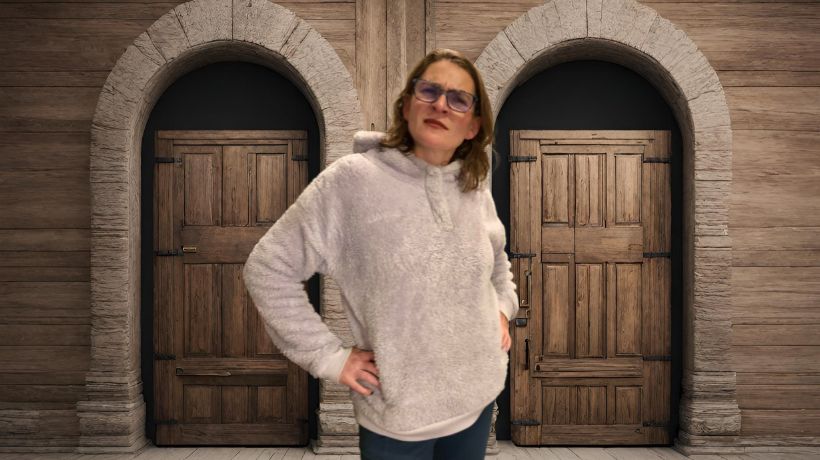I am a terrible decision-maker. In fact, for my birthday and Mother’s Day every year, the one gift that’s always on my list is making absolutely zero decisions the entire day. My indecisive nature comes partly from not wanting to miss out on something and partly because I’m always worried about making the “wrong” choice. When it comes to big decisions, I can usually feel it in my gut and I trust that space. However, when it comes to daily decision-making, I’d just rather not. Please, don’t ask me what I want for dinner!

There’s one area where I feel simultaneously the most confident and the most indecisive: parenting. Little decisions like what clothes we’ll purchase or when to say yes to dessert aren’t the ones that cause stress. It’s the decisions that shape my children’s lives that give me pause. And as a mother of two children, I make different decisions for each child based on who they are and what they need. That means that while one might be wearing shorts when it is 30 degrees outside, I will insist that the other wears a jacket and gloves. They just need different things.
Rebekah, the mother of twins Jacob and Esau, teaches us the value of recognizing individual needs and talents in our children and making choices that support them. This week we read Parshat Toldot, in which Isaac and Rebekah become parents. The pregnancy is not easy, and the twins are anything but calm. Jacob and Esau are very different, and each is feisty in his own way. Esau sells his birthright to Jacob for lentil stew, and Jacob tricks his father into getting the blessing his brother deserves. Esau finds out, and his outrage over the incident causes Jacob to flee for his life. The portion ends with Esau growing up and rebelling against the family in his choice of life partner.
At the end of this Torah portion, the text appears to emphasize a fact that we already know – that Rebekah is the mother of both Jacob and Esau. Isn’t this obvious by now? Why would the text repeat this? It’s to reinforce the idea that while Rebekah might address the brothers’ needs in different ways, she loved them both. There are few “easy decisions” for mothers, especially Rebekah. She chose to send Jacob away in order to save his life, but also to save Esau from becoming a murderer. In other words, she may have favored Jacob for the blessing and seen his strength as a leader, but she protected both her sons.
Sometimes in our lives, the hardest choices are the ones that require a bigger-picture mentality. And when emotion is involved, like the love of a mother, that makes it even harder. Parshat Toldot reminds us that for generations to continue after us, we can’t just consider the future, we must actively make decisions that keep the reality of that future alive.



